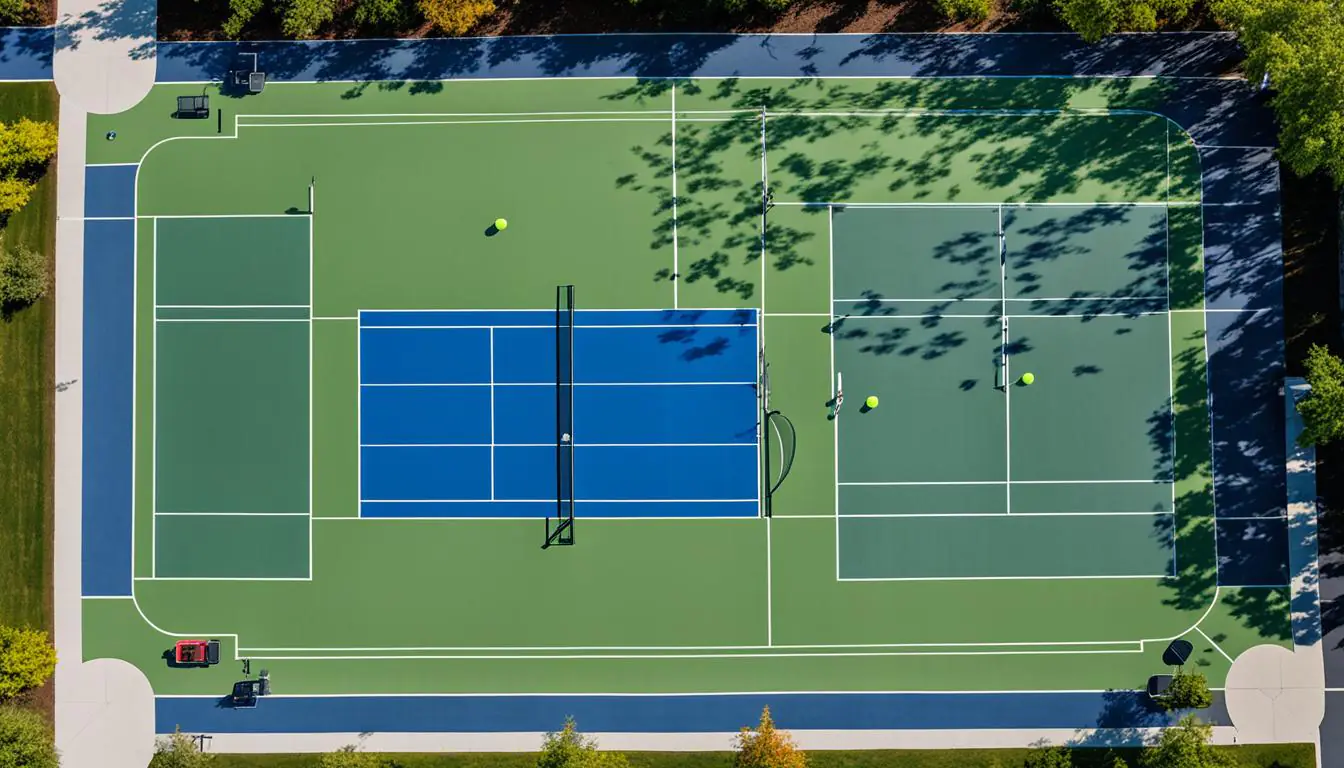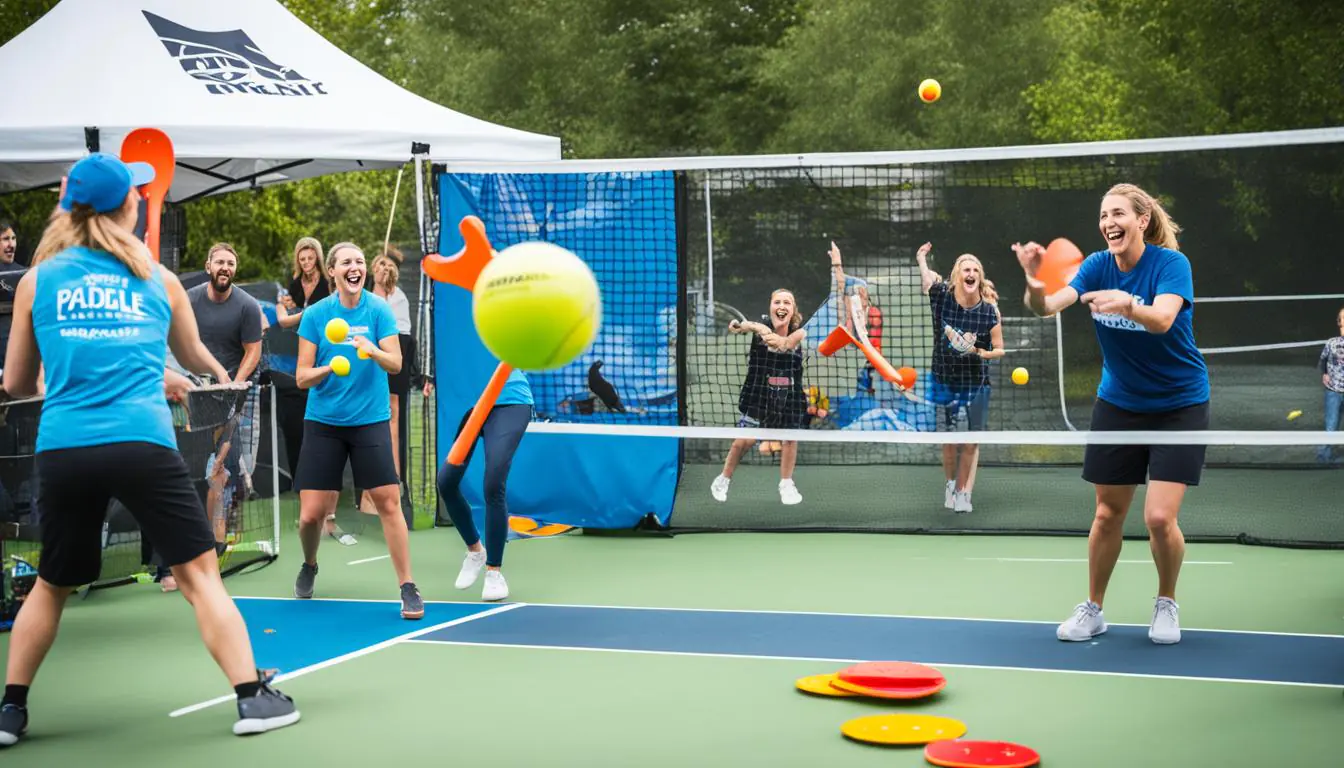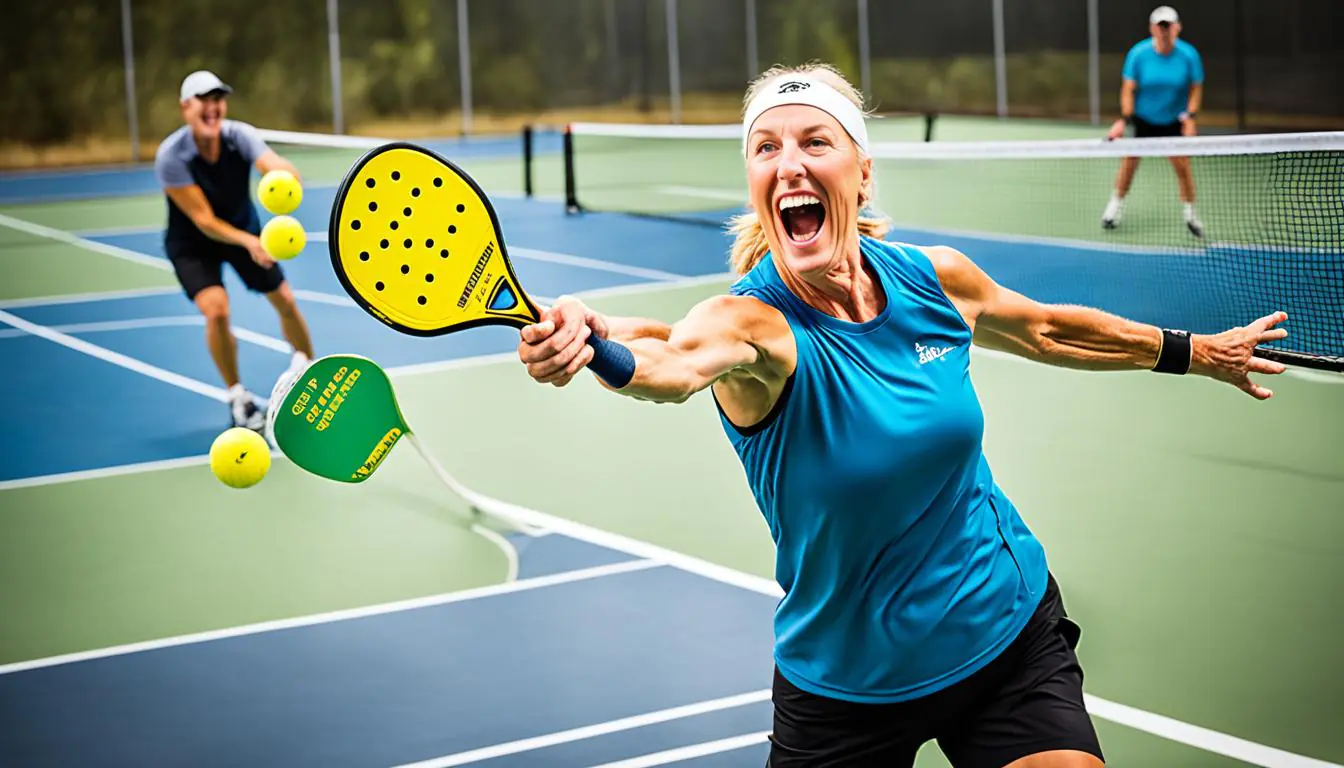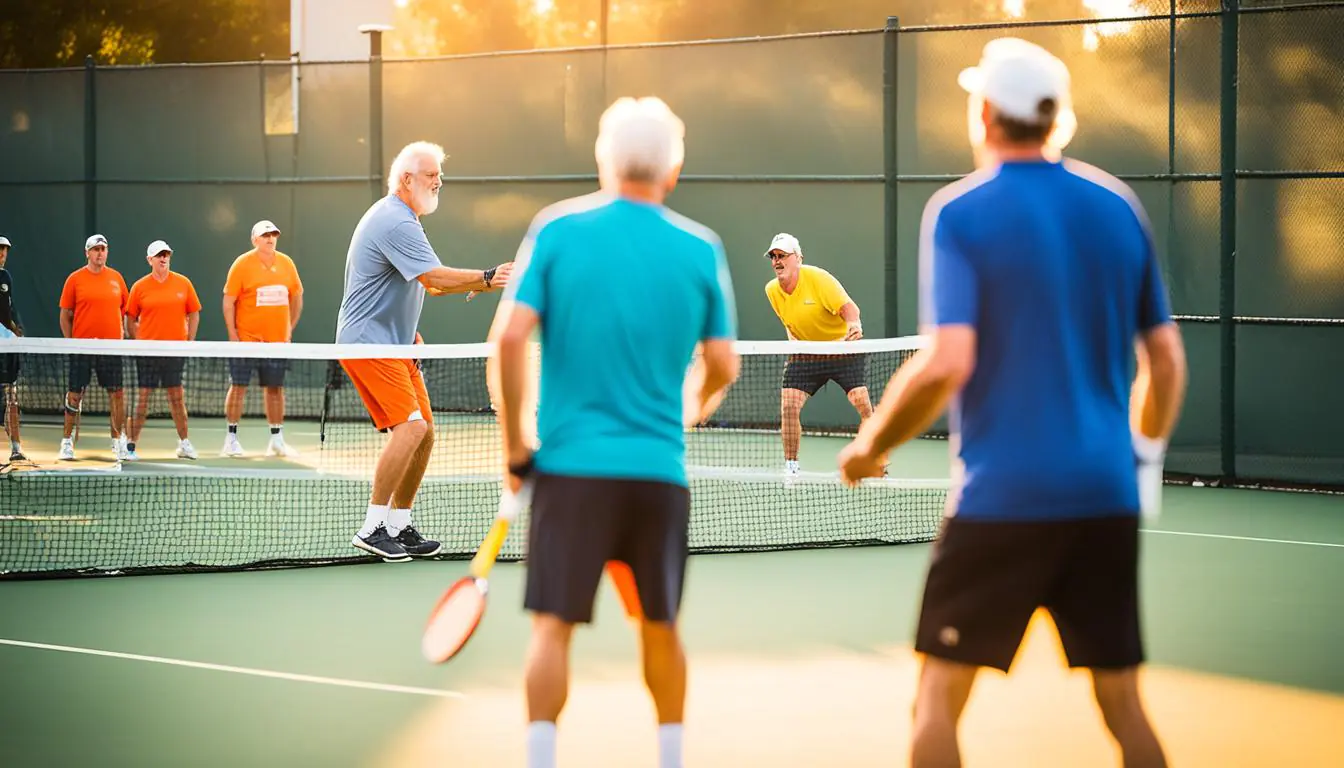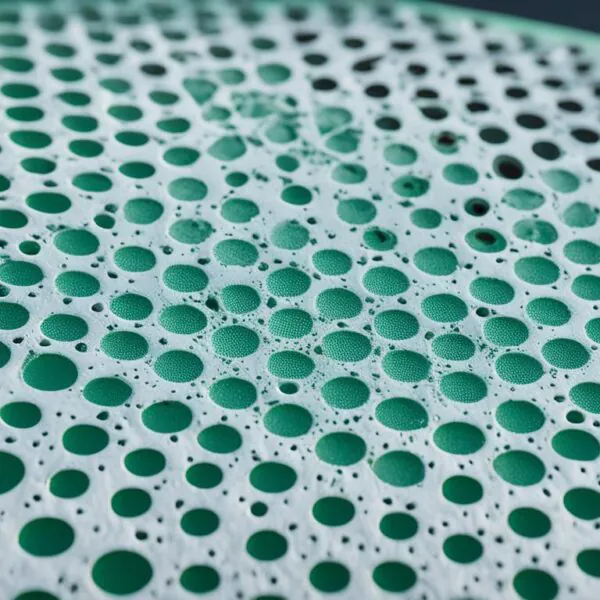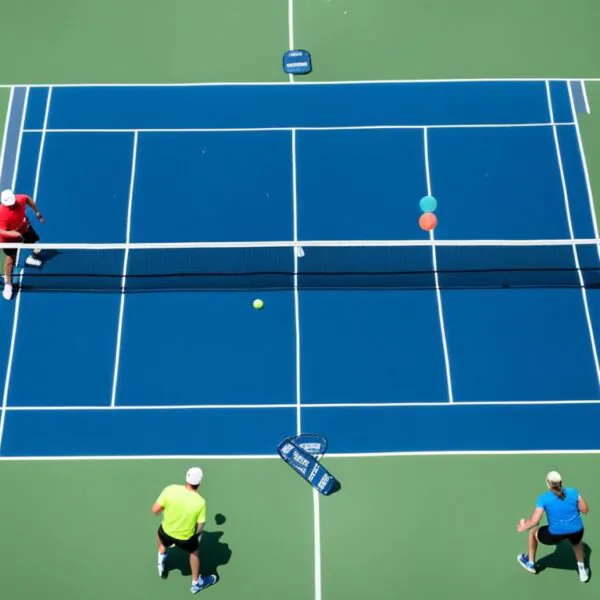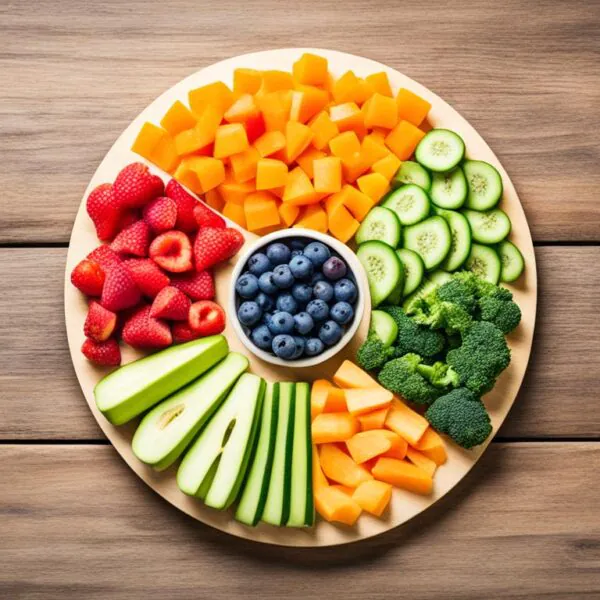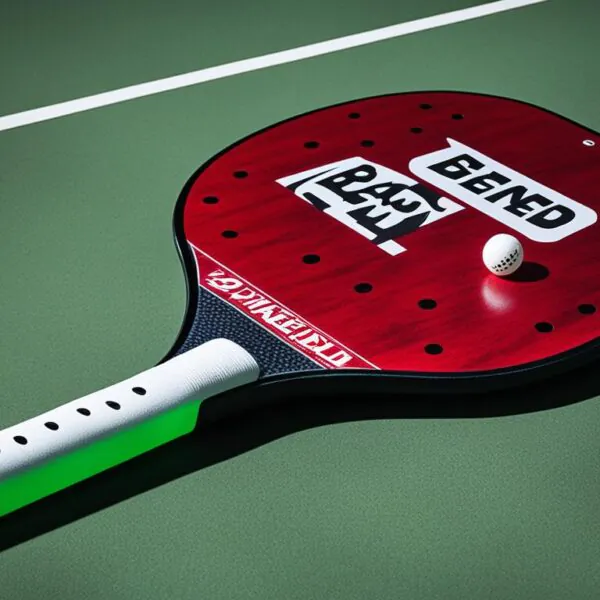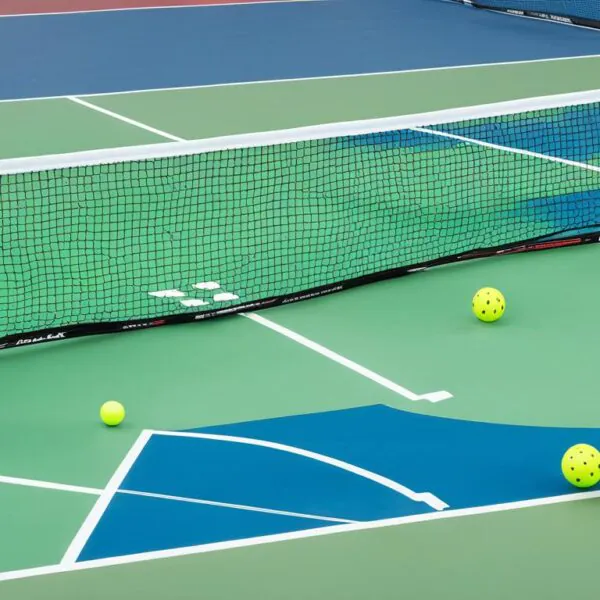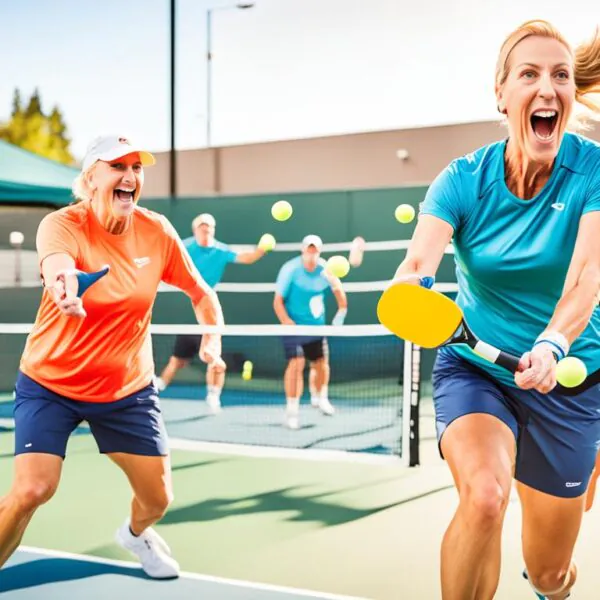Have you ever thought about why pickleball and tennis courts are not the same size? These sports are getting more popular, especially in the U.S. Knowing the differences in court sizes is key for players and fans. The debate over pickleball vs tennis court size shows us the unique features of each game.
A standard pickleball court is 44 feet long and 20 feet wide. This is much smaller than a tennis court, which is 120 feet long and 60 feet wide. In fact, one tennis court can fit up to four pickleball courts side by side! The net heights also differ, with pickleball at 34 inches and tennis at 36 inches. These differences change the way the games are played and the strategies used.
Let’s see if these two courts can be used for each other’s games.
Key Takeaways
- Pickleball courts are significantly smaller—44’ long and 20’ wide—compared to tennis courts, which are 120’ long and 60’ wide.
- A standard tennis court can hold up to four pickleball courts within its dimensions.
- Net heights differ: 34 inches for pickleball and 36 inches for tennis.
- Pickleball features a unique seven-foot no-volley zone called “the kitchen”.
- Tennis equipment, such as racquets, is generally heavier compared to pickleball paddles.
- The court size remains the same for singles and doubles play in pickleball, unlike tennis.
Understanding the Size Differences between Pickleball and Tennis Courts
Pickleball and tennis courts are different in size and layout. Knowing these differences can make gameplay better and help players pick the right sport for them.
Pickleball Court Dimensions
A standard pickleball court is 44 feet long and 20 feet wide. This size makes the game fast and fun for many players. The court’s 880 square feet fit both singles and doubles matches well.
The net is 36 inches high at the sides and 34 inches in the middle. It’s 22 feet wide, which affects the game a lot.
Tennis Court Dimensions
Tennis courts are much bigger, at 78 feet long. For singles, they are 27 feet wide, and for doubles, 36 feet wide. This makes tennis courts bigger than pickleball courts.
The net for tennis is 42 inches high at the sides and 36 inches in the middle. It’s 42 feet wide. These differences change the strategies players use in each sport.
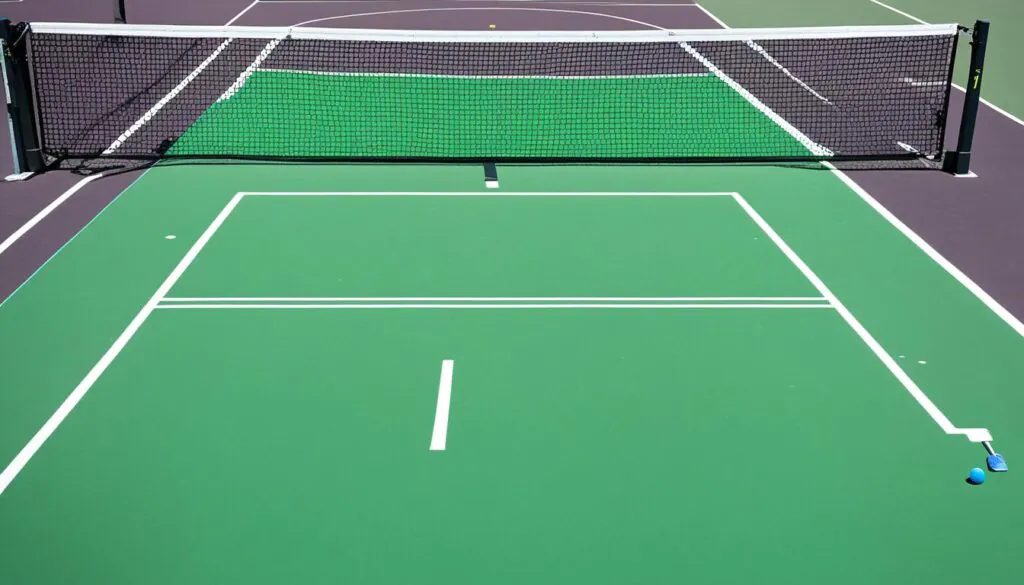
| Aspect | Pickleball Court | Tennis Court (Singles) | Tennis Court (Doubles) |
|---|---|---|---|
| Length | 44 feet | 78 feet | 78 feet |
| Width | 20 feet | 27 feet | 36 feet |
| Surface Area | 880 sq ft | 2,016 sq ft | 2,808 sq ft |
| Net Height (Center) | 34 inches | 36 inches | 36 inches |
| Net Width | 22 feet | 42 feet | 42 feet |
Is Pickleball Court Same Size as Tennis Court?
A pickleball court is not the same size as a tennis court. It’s much smaller. A pickleball court is 44 feet long and 20 feet wide. Tennis courts are bigger, measuring 120 feet long and 60 feet wide.
This size difference means you can fit four pickleball courts in one tennis court.
When looking at pickleball court dimensions compared to tennis court, we see big differences. Pickleball has a special area called the kitchen, seven feet wide. Tennis doesn’t have this area.
This kitchen area changes how players play pickleball, especially at the net.
The net height is also different. Pickleball’s net is 34 inches in the middle and 36 inches at the posts. Tennis nets are 36 inches in the middle and 42 inches at the posts. Knowing these differences is key for shared courts.
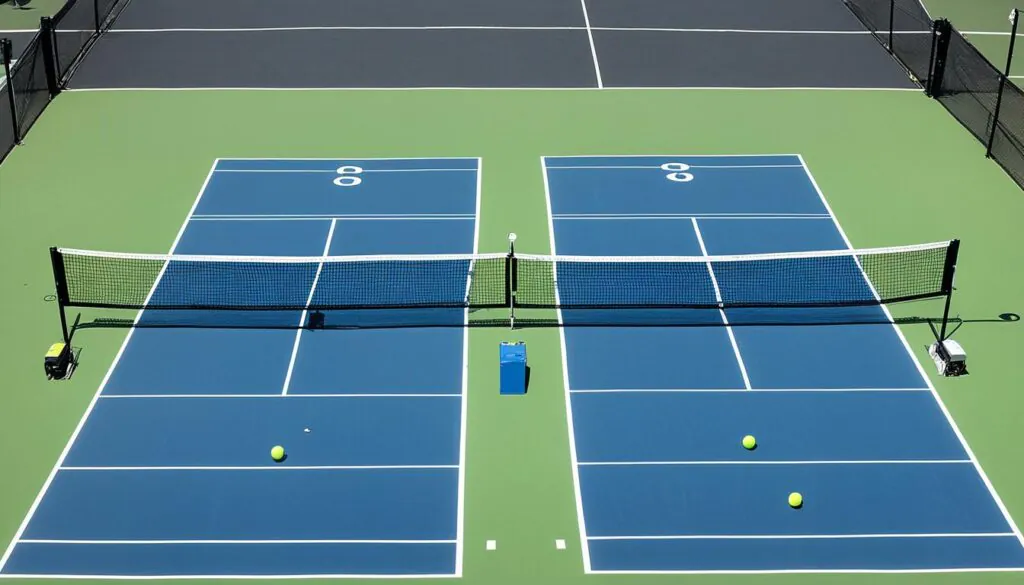
Conclusion
Knowing how pickleball and tennis courts are different helps me plan sports activities better. Pickleball courts are 20 feet by 44 feet, while tennis courts are 36 feet by 78 feet. This means pickleball focuses on quick moves and playing at the net. It’s easier for beginners to start with pickleball.
Many old tennis courts are now used for pickleball because it’s cheaper to make new ones. This costs about $50,000. This change gives more people a chance to play pickleball and use sports facilities better. The size differences between the courts make each sport unique, affecting how I play.
Whether I play on a pickleball court or use a tennis court for pickleball, I make smart choices. Knowing these differences makes playing more fun. It also helps plan sports activities in my community, so everyone can enjoy their sport.
